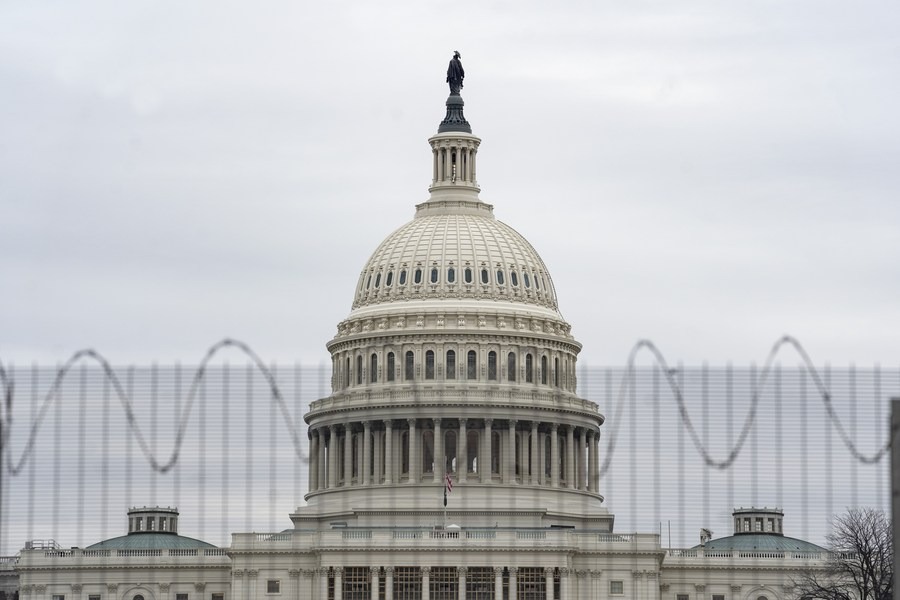US economy is bound to shrink further


The health of the American economy is important to the global economy. Right now, the US economy is getting sicker. This is both in terms of the shrinkage in output and the high level of COVID-19 cases.
We already know April IMF forecasts predicted a 6 percent decline in US GDP this year and it is almost certain, as we reach mid-year, that this forecast will be revised higher. For the global economy, the IMF already forecast a deeper global recession last week, citing the impact of business closures, social distancing measures and travel restrictions in force in most countries leading to a predicted total output loss of $12 trillion through the end of 2021. Only China, among the major economies, is expected to achieve positive economic growth.
The hit to the global economy is of course bad news for the US economy, but the worse news is the recent upturn in cases of, and deaths from, the virus in America. Other big economies and many smaller ones have passed their peak of infections, flattened the curve, protected their medical capacity and began their loosening of lockdowns. These countries are alert to the risk of a second wave and prepared to reimpose lockdowns on local clusters, and are confident they have testing and tracing measures in place, along with space in hospitals if needed.
It still remains true not all consumers are ready to resume frequent use of services such as restaurants, cinemas and airports — confidence in hygiene measures and trust in the advice of scientists guiding government policy are important, as is confidence in their financial well-being to support a resumption of household spending. The timing has been important, as many countries cannot afford to continue the high levels of support for ailing businesses and out of work citizens much into the second half of the year.
All the above issues apply in principle to the US. However, there are crucial differences sending that economy into a downward spiral. In the US, the pandemic is still in an upward first wave and it is unclear when that will be flattened. Even when it is, it could only occur by following the same strong lockdowns other countries successfully used - anything less would have catastrophic results for the spread of infection. Thus, the US economy is going to have a poor third quarter economically and little time to recover this year.
The problem for the US has been a lack of a national policy on containment, and individual state governors have sent different messages about how seriously virus prevention guidelines should be followed. States which were badly hit and took strong measures have begun to emerge slowly from the crisis, but many other states have seen alarming explosions in cases by being too open.
Economic outcomes also depend on the behaviour of economic actors, and significant groups of US citizens have been unwilling to accept government control and refused to wear masks or to maintain social distancing- statistics show the numbers of younger people infected has grown rapidly as they behaved without fear of infection. Dr. Anthony Fauci from the US Government Coronavirus Task Force summed it up well last week, saying “the people can be either part of the solution or part of the problem”, reminding them they have “a societal responsibility…we are part of the process”.
The US situation has resulted in a fear of imported cases if other countries allowed travel by US citizens from their homeland - the EU is sure to ban such travel after further reopening in July, and Asian counties are unlikely to welcome US passport holders anytime soon. This is of course terrible news for the health of US airlines, who badly need international travelers. Many of the hotel chains that might welcome these Americans are also US-owned multinational companies.
The global economy will have to get by without economic stimulus from a wounded US economy, which will need to take its medicine to get into better shape towards the year’s end. That is the harsh reality.
Colin Speakman is an economist and an international educator with CAPA: The Global Education Network.
The opinions expressed here are those of the writer and do not represent the views of China Daily and China Daily website.


































